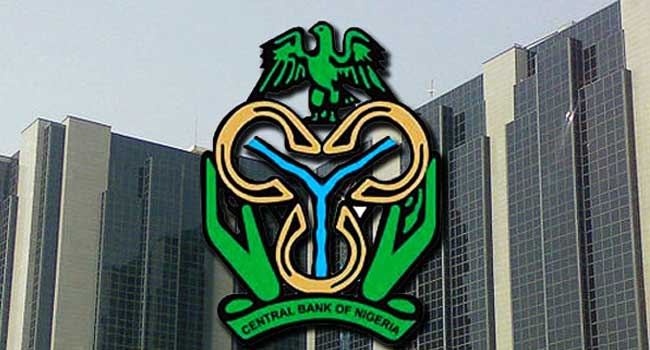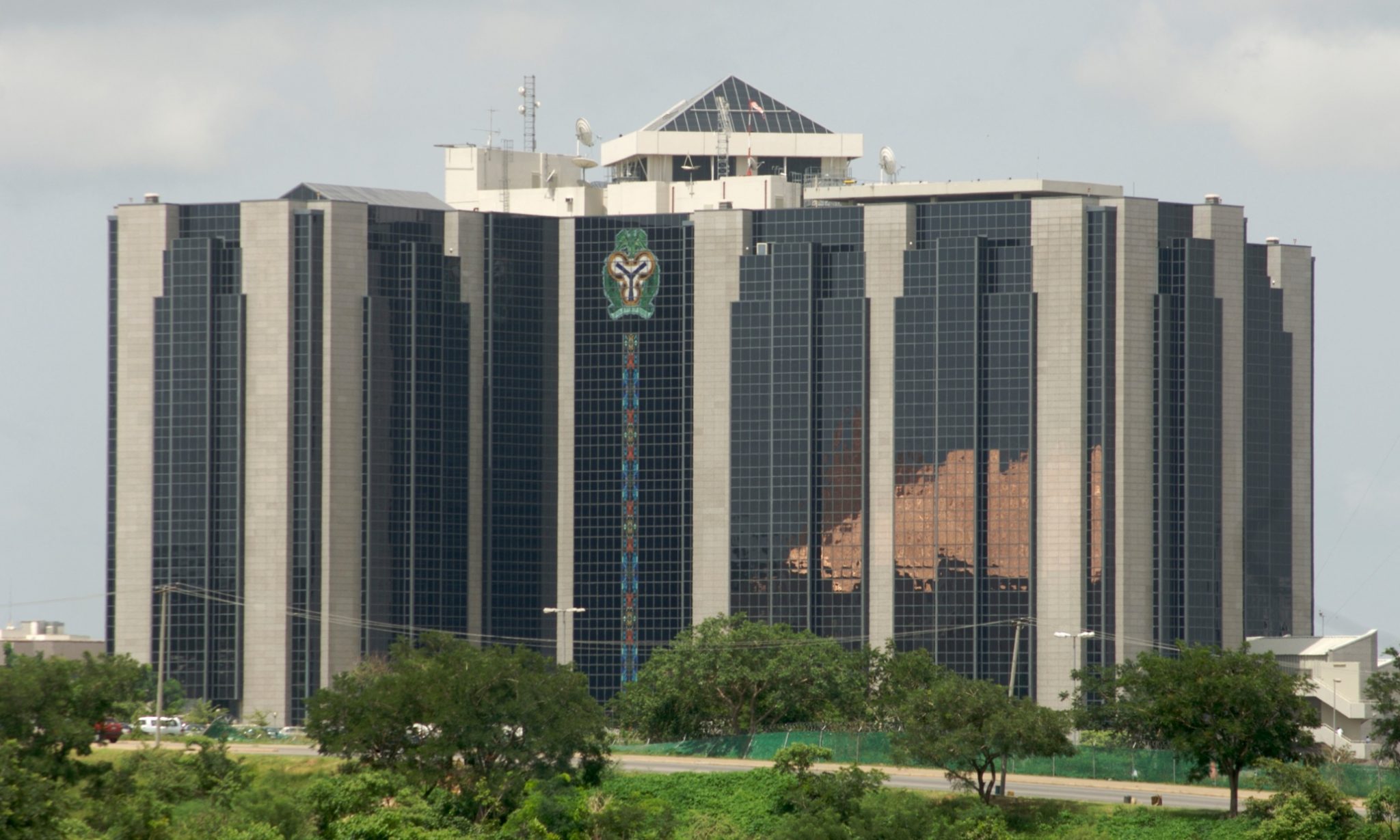The Zonal Coordinator, Zone ‘A’ of the Nigeria Customs Service, Assistant Comptroller-General Monday Abueh, has said that the Federal Government may reverse the foreign exchange restriction placed on 41 items imported into the country.
Abueh disclosed this in Ibadan during his familiarisation tour of Oyo/Osun Commands as part of his visits to Customs formations under his jurisdiction.
TheNewsGuru.com recalls that the Central Bank of Nigeria, CBN had on July, 2015, restricted 41 items, including vegetable oil, poultry products, cosmetics, plastic and rubber products, among others, from access to foreign exchange.
The apex bank said the country had the capacity to produce those items locally.
Abueh said that when government’s policies were rolled out, they were in the interest of the people, adding that Nigeria could not be enriching other countries by allowing some banned items into the country.
He advised officers to be fully sensitised about implementing government’s policies anywhere they were posted to serve.
Abueh urged officers to ensure non-passage of rice and vehicles into the country.
He said that smugglers might try to make Oyo and other land borders their alternative routes since security at Idiroko and Seme was tight for them.
The zonal coordinator said that the Comptroller-General, Retired Col. Hameed Ali, and the Customs Management had redeployed officers to land borders’ commands to ensure that nothing escaped through all the routes in the areas.
He also urged officers to learn excise operations to assist in cargo clearance.
Abueh said his visit was meant to remind officers about the Federal Government’s polices as well as the directive given by the comptroller-general to ensure security and protection of lives in the country.
He said, “Officers should be mindful of their duties and responsibilities as you embark on your primary assignment.
“If you are careless in your duties and if you are caught, you will be held responsible for your action.”
The assistant comptroller-general urged officers to ensure collection of duties on general goods coming through the borders.
According to him, the language in the service nowadays is for officers to be knowledgeable about the operations of the service.
Abueh urged officers to be willing to learn further, adding that without doing this, such officers would be having problems with operations.
He, however, commended officers and men in Oyo/Osun command for being on top of their operations as they recorded tremendous seizures.
He said, “The numerous seizures had indicated that smuggling in this axis are high. That is why I am here to convey the comptroller-general’s message to officers to continue doing the good job.
“Officers should ensure 100 per cent examination before approving document for delivery of consignment, because any mistake after clearance will not be acceptable by the service.”
After inspecting the command’s warehouse, the zonal coordinator discovered that the warehouse was full with seizures of rice, vegetable oil, used tyres, second-hand vehicles and other items.
Abueh said the Management of the NCS would request for officials of the National Agency for Food and Drug Administration and Control to ascertain the state of the edible items before destroying them to avoid environmental hazards.
He warned smugglers to desist from unlawful operations and follow due process in clearing goods in order to avoid seizures.
The Customs Area Controller of Oyo/Ogun, Comptroller Tope Ogunkua, disclosed that the seizures were intercepted over the years.
Ogunkua said that the command’s warehouse was having dangerous odour due to some items like rice, which had expired in the store.
He said that the command generated N14.8bn between January and December 2016.
Ogunkua said that the command’s target for 2016 was N19.3bn but it had a shortfall of N4. 5bn.
He said that command would not relent in its effort to suppress smuggling to the barest minimum.
NAN


